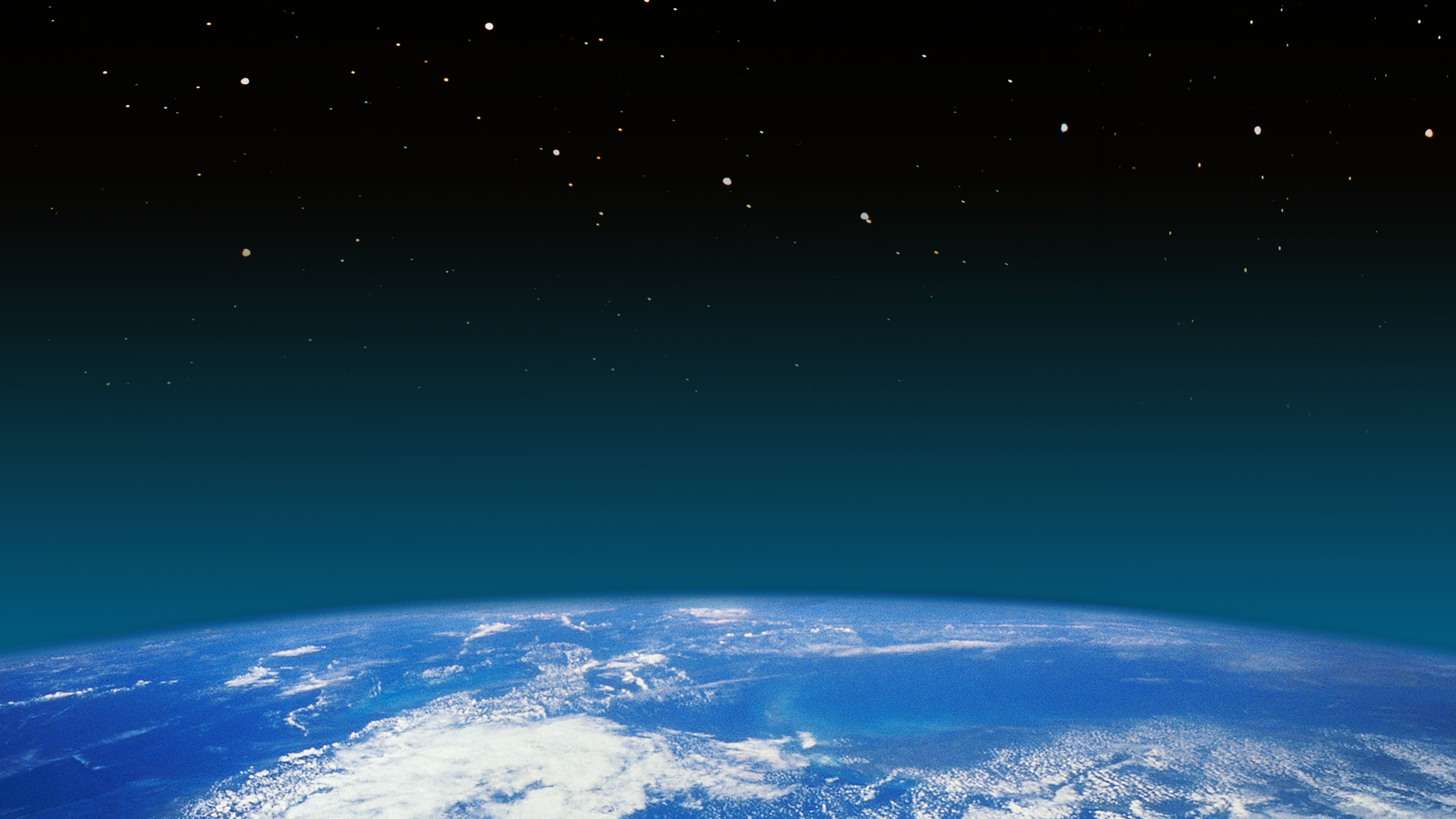Here's more evidence there's a hidden planet in our solar system
Though we still haven't actually found it yet

While it may seem extremely odd that there's a giant planet in our solar system that we still haven't actually seen or found yet, scientists are claiming there is now more evidence that proves its existence.
Earlier this year, astronomers found evidence that a so-called Planet Nine exists in our solar system, suggesting it may be almost 10 times the size of Earth, sitting far beyond Pluto and past the Kuiper Belt, between 20 billion and 100 billion miles away.
This would mean that it only orbits the sun once every 10,000 to 20,000 years, and is likely why we haven't been able to actually find it yet.
The scientists, including Professor Michael Brown, have instead been studying objects in the Kuiper Belt, and found six behaving in such a way that suggests some other large object (like the theorized Planet Nine) could be influencing their orbits.
Planet search
Brown this week tweeted that another Kuiper Belt object, named uo3L91, has been discovered, providing further evidence of Planet Nine's existence.
He explained that the planet is expected to be "oriented oppositely to these objects" and that uo3L91 "is exactly where Planet Nine says it should be."
In response to questions, he also added that the discovery of uo3L91 should help scientists narrow down the location of the planet.
Get daily insight, inspiration and deals in your inbox
Sign up for breaking news, reviews, opinion, top tech deals, and more.
The object was discovered by the Canada France Hawaii Telescope, which is conducting the Outer Solar System Origins Survey (OSSOS), and the image of the orbit path of uo3L91 was presented at the SETI Institute earlier this month.
Further discoveries from the OSSOS, which is looking at other objects in the Kuiper Belt, will help researchers test the theory of Planet Nine, however the information isn't publicly available yet.
Via The Verge
Most Popular









